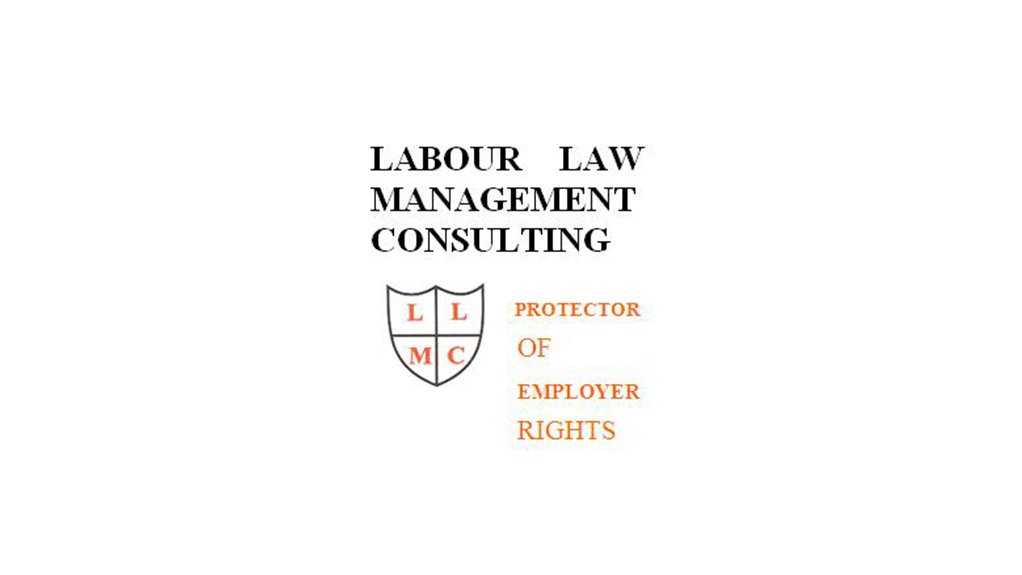A probation clause is not a licence to fire the employee at will. A probationary employee is one who has a conditional employment contract (written or unwritten). That is, the continuation of the contract is conditional on whether the employee’s work performance during the probationary period shows that he/she is or is not able to carry out the work properly.
Employers frequently make the mistake of believing that a probationary clause in an employment contract gives the employer the right to fire the probationer at will. Employers also assume that the onus of proving him/herself as a competent employee rests solely on the probationer and that the employer can just sit back and watch the employee sink or swim.
On the contrary, the employer that places an employee on probation has a number of legal obligations including:
- Making it clear that the employee is on probation
- Clarifying the length of the probation period
- Setting reasonable performance standards
- specifying for and explaining to the employee the performance standards required
- evaluating and monitoring the employee’s performance against the set performance standards
- informing the employee of performance shortcomings
- assisting, guiding, counselling, training the employee where necessary
- before dismissing the probationer, giving him/her an opportunity to state his/her case.
In Tharratt vs Volume Injection Products (Pty) Ltd (2005, 6 BALR 652) the employee was dismissed during his probation period for poor performance. As the employer had failed to investigate the cause of the poor performance the CCMA found the dismissal to be unfair. The employer was therefore ordered to pay the employee compensation equal to three months’ remuneration.
This highlights the fact that probationary employees are strongly protected by labour law. At the same time, probationary employees often do not work out as well as was hoped. While the law allows the employer to dismiss such failures they must follow strict procedures first.
Employers also make the mistake of using the probation period to get rid of undesirable employees such as those who misbehave, stand up for their own rights, become shop stewards, lead petitions or otherwise irk the employer. However, Schedule 8 of the LRA makes it clear that probation may only be used to assess the employee’s competence from a work performance point of view.
Probation can be a very useful tool for the employer but must only be used after the employer has utilised labour law expertise in:
- Designing a probationary policy and procedure
- Setting realistic performance standards
- Designing measures for monitoring and evaluating work performance
- Training management in probation law and in the implementation of the probation policy and procedure.
Written by Ivan Israelstam, Chief Executive of Labour Law Management Consulting. He may be contacted on (011) 888-7944 or 0828522973 or on e-mail address: ivan@labourlawadvice.co.za. Go to: www.labourlawadvice.co.za
EMAIL THIS ARTICLE SAVE THIS ARTICLE ARTICLE ENQUIRY
To subscribe email subscriptions@creamermedia.co.za or click here
To advertise email advertising@creamermedia.co.za or click here











